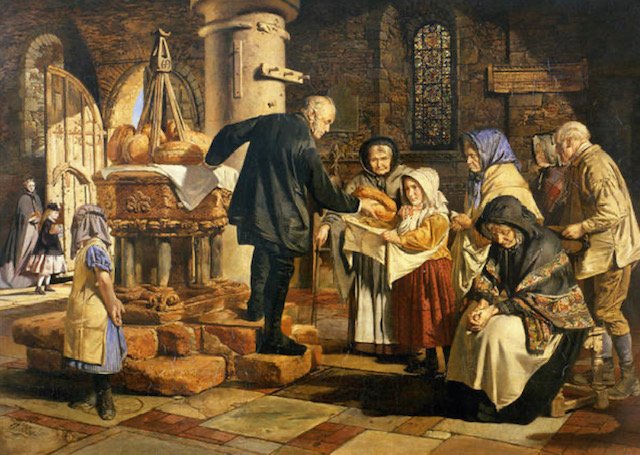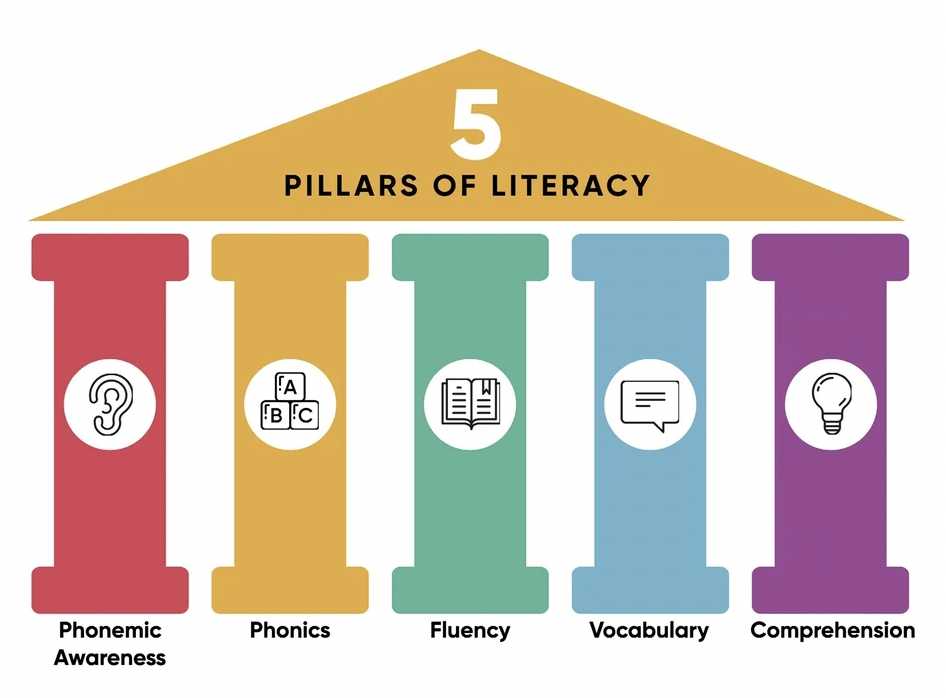Improving the Heart During the Advent Season
Author: Dr. Eric Stennett, Head of School, Penn Woods Classical Academy
This month we explore the significance of cultivating virtues in the educational journey, specifically within a classical Christian school setting. We emphasize incorporating virtues beyond academics, focusing on a holistic approach to education. The virtues adopted by the school, the methods of teaching, and the impact on students’ character development are discussed, particularly in light of the Advent season.
Educating students goes beyond merely nourishing the intellect; it encompasses nurturing their hearts and souls. While classical education practices emphasize the development of the mind, they also transcend the academic realm. The culture within a school profoundly influences learning and daily life. At PWCA, a classical Christian institution, virtues are at the core of our ethos. Guided by the Grace of God, we’ve embraced twelve virtues as fundamental pillars:
-
Faithfulness
-
Charity
-
Gratitude
-
Prudence
-
Justice
-
Courage
-
Fortitude
-
Moderation
-
Wisdom
-
Humility
-
Responsibility
-
Friendship
These virtues form the moral compass guiding our students’ moral foundation. Deliberate discussions and explicit teaching efforts underscore the importance of these virtues as essential learnable traits. Virtues are cultivated as habits of character, aiding students in their lifelong journey. For instance, we instill the understanding that courage involves self-regulation and moderation in behavior and forms the habits of the heart guided by our virtues.
At PWCA, we appoint staff not just to educate but to exemplify these virtues. Teachers serve as role models, yet we also expect older students to mentor younger peers, showcasing virtuous behavior. This expectation ensures a continual reinforcement of virtuous living. When habits align with virtues, students consistently exhibit ethical conduct, thereby reinforcing these habits of the heart within our community.
Recognizing that we educate the soul and heart, we acknowledge the stabilizing influence is virtuous living. Practicing and comprehending moral virtues fosters balance and stability within individuals. As Christians, we perceive knowledge and virtuous living as products of discipleship and understanding God. Hence, as educators, we act as shepherds, guiding students by modeling virtuous behavior.
In alignment with the Advent season and the impending arrival of our Lord Jesus, this month’s focus is on the virtue of Charity: “I will love God above all and love my neighbor as myself.” In Isaiah 9:6, we see how this emphasis aligns with the teachings of Jesus as the “Wonderful Counselor,” inspiring us to treat our neighbors with love and dignity.
The school community, comprising PWCA and parents, commits to exemplifying and teaching this virtue. Through intentional discipleship, we seek opportunities to impart this understanding through service and responsible mentorship, facilitating students’ comprehension of the virtue of Charity.
In conclusion, the integration of virtues within a classical Christian education embodies the essence of holistic development. By emphasizing virtues, PWCA strives to mold individuals of moral integrity, preparing them to lead with joy and virtue in their future endeavors.PWCA acknowledges the significance of a Christian and classical school culture.
Witnessing virtuous students across the country reinforces our belief in the importance of these virtues for success. As students journey through PWCA, their habits of the heart will mature, shaping their character as virtuous individuals. Collaborating with parents and the community, we aim to graduate individuals poised to become tomorrow’s joyful and virtuous leaders—a divine gift for all.



